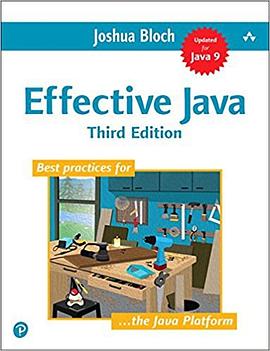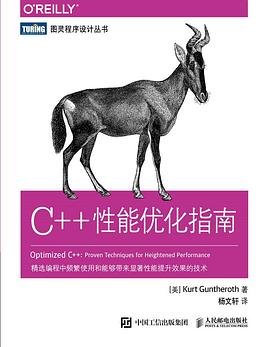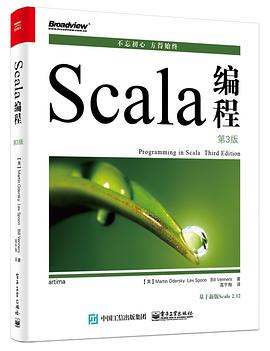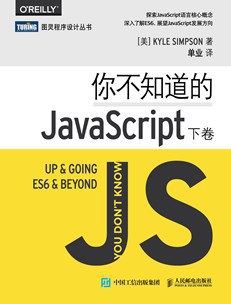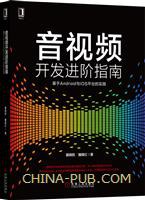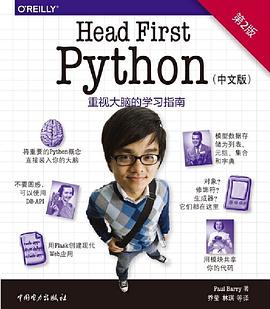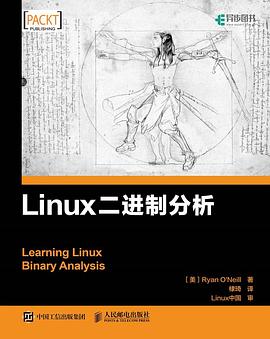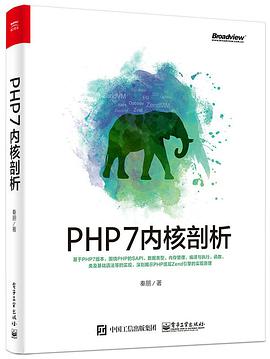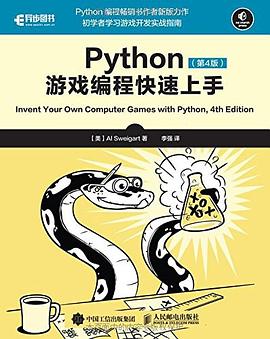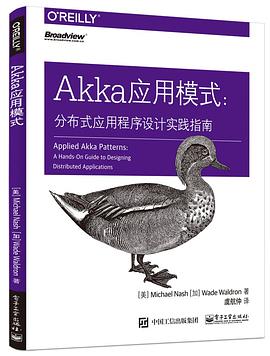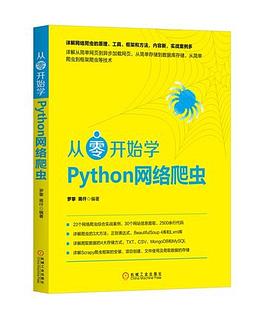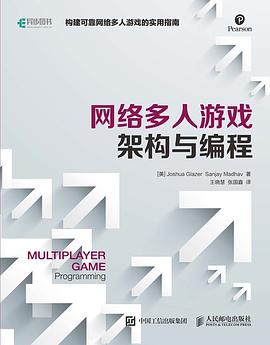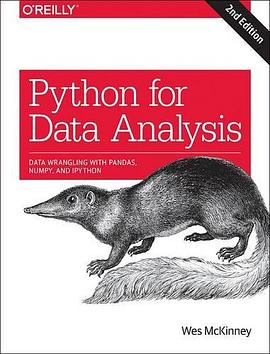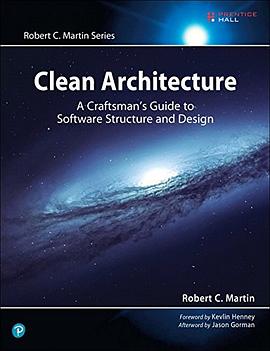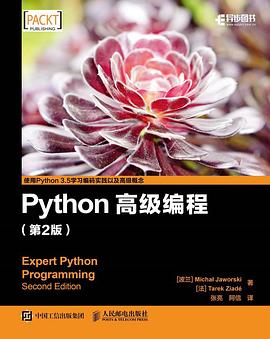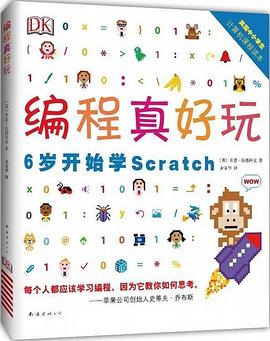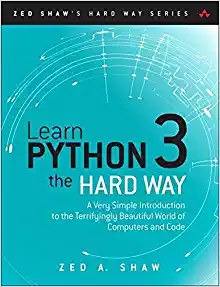
具體描述
Joshua Bloch is a professor at Carnegie Mellon University. He was formerly the chief Java architect at Google, a distinguished engineer at Sun Microsystems, and a senior systems designer at Transarc. He led the design and implementation of numerous Java platform features, including the JDK 5.0 language enhancements and the Java Collections Framework. He holds a Ph.D. in computer science from Carnegie Mellon University and a B.S. in computer science from Columbia University.
The Definitive Guide to Java Platform Best Practices—Updated for Java 9
Java has changed dramatically since the previous edition of Effective Java was published shortly after the release of Java 6. This Jolt award-winning classic has now been thoroughly updated to take full advantage of the latest language and library features. The support in modern Java for multiple paradigms increases the need for specific best-practices advice, and this book delivers.
As in previous editions, each chapter of Effective Java, Third Edition, consists of several “items,” each presented in the form of a short, stand-alone essay that provides specific advice, insight into Java platform subtleties, and updated code examples. The comprehensive descriptions and explanations for each item illuminate what to do, what not to do, and why.
The third edition covers language and library features added in Java 7, 8, and 9, including the functional programming constructs that were added to its object-oriented roots. Many new items have been added, including a chapter devoted to lambdas and streams.
New coverage includes
Functional interfaces, lambda expressions, method references, and streams
Default and static methods in interfaces
Type inference, including the diamond operator for generic types
The @SafeVarargs annotation
The try-with-resources statement
New library features such as the Optional<T> interface, java.time, and the convenience factory methods for collections
用戶評價
##剛齣版的時候買的,隔瞭兩年終於讀完瞭..老闆都換瞭三瞭
評分##很不錯,中階java書籍,在當下版本也比較新
評分 評分 評分##讀過2rd的人,diff ## Chapter 2 - Creating and Destroying Objects - Item 5: Prefer dependency injection to hardwiring resources. 優先用框架支持(Spring)依賴注入,而不是手寫單例 - Item 9: Prefer try-with-resources to try-finally. Java 7 特性,語法糖 ## Chapter 4 - Classes and Interfaces - Item 21: Design interfaces for posterity. interface default 實現,大傢都會的 - Item 25: Limit source
評分 評分 評分##個人認為這本書和《Thinking in java》一樣,並不適閤剛入門JAVA的人。它是一本進階教程,裏麵的多綫程或者設計模式,是需要一定的功力纔能夠理解作者所舉的示例的。每個示例解釋得恰到好處,可以作為實際開發的指導原則瞭吧,若有一些開發經驗或者將作者所舉的原則應用到實際...
評分相關圖書
本站所有内容均为互联网搜索引擎提供的公开搜索信息,本站不存储任何数据与内容,任何内容与数据均与本站无关,如有需要请联系相关搜索引擎包括但不限于百度,google,bing,sogou 等
© 2025 book.tinynews.org All Rights Reserved. 静思书屋 版权所有

